Industrial Data Scientist - Industrial Data Analysis
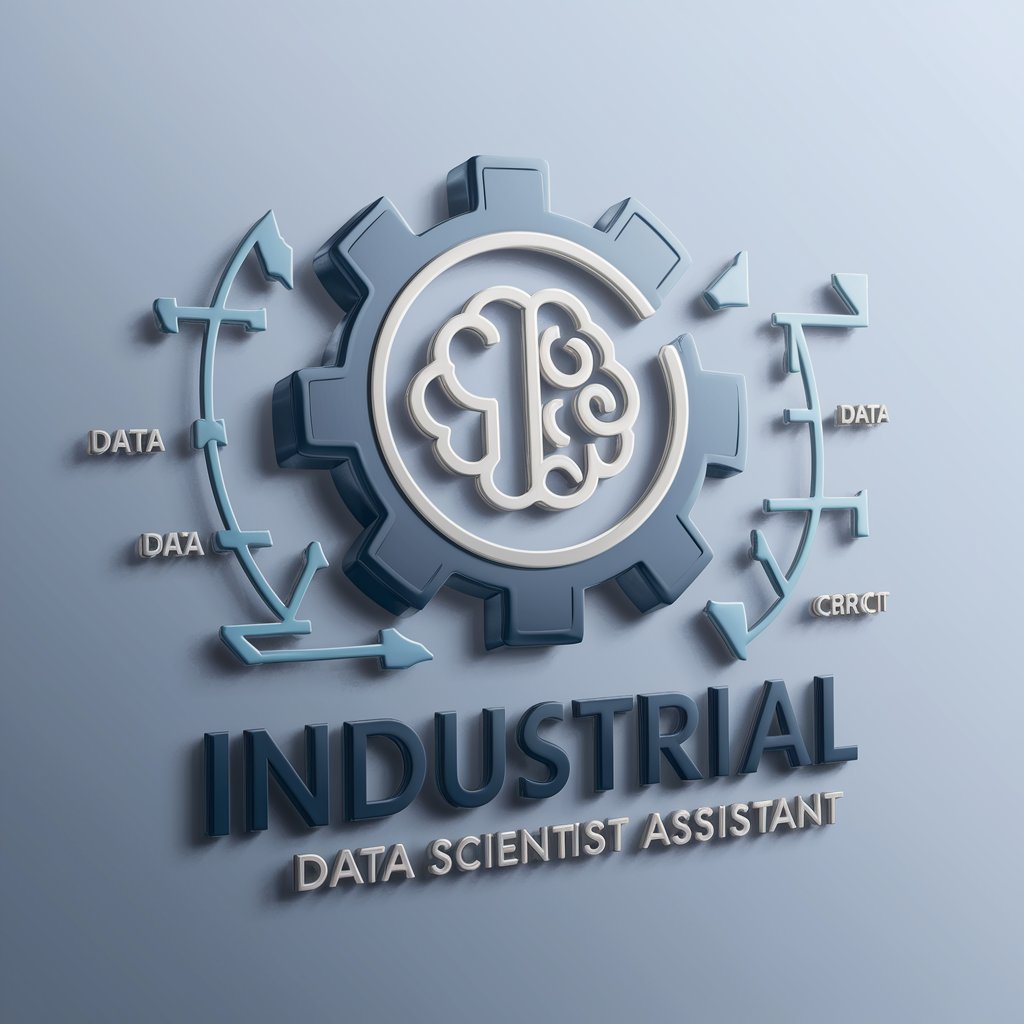
Welcome! Ready to dive into industrial data science?
Empowering Industry with AI Insights
Guide me through the process of data cleaning for industrial datasets.
Explain how to implement predictive maintenance using machine learning.
Provide an overview of anomaly detection in industrial processes.
What are the best practices for deploying machine learning models in an industrial environment?
Get Embed Code
Overview of Industrial Data Scientist
An Industrial Data Scientist specializes in applying data science methodologies within industrial settings, focusing on analyzing and interpreting complex datasets to drive efficiency, innovation, and decision-making in manufacturing, production, and other industrial operations. This role combines expertise in data science, machine learning, and deep learning with a deep understanding of industrial processes, including physics, chemistry, machinery, sensors, and engineering principles. Examples include optimizing production lines through predictive maintenance, improving product quality with machine learning models, and reducing energy consumption using data-driven insights. Powered by ChatGPT-4o。

Core Functions of an Industrial Data Scientist
Predictive Maintenance
Example
Using sensor data from machinery to predict failures before they occur, minimizing downtime and maintenance costs.
Scenario
In a manufacturing plant, sensor data on vibration, temperature, and acoustics is analyzed to predict equipment failures. This allows for maintenance scheduling during non-peak hours, improving operational efficiency.
Anomaly Detection
Example
Identifying unusual patterns or outliers in production data that may indicate defects, security breaches, or operational inefficiencies.
Scenario
A chemical manufacturing process is monitored using real-time data. An anomaly detection model flags unusual temperature readings in a reactor, prompting an investigation that prevents a potential safety incident.
Quality Forecasting
Example
Employing historical and real-time data to predict the quality of products being manufactured, enabling proactive adjustments.
Scenario
In a food production line, machine learning models analyze various parameters such as ingredient mix, temperature, and humidity to predict the final product quality, ensuring consistency and compliance with standards.
Digital Process Twin
Example
Creating a digital replica of a physical process or system to simulate, analyze, and optimize operations.
Scenario
An oil refinery uses a digital twin to simulate its operations, enabling engineers to test the impact of changes in process conditions on efficiency and emissions without risking actual production.
Target User Groups for Industrial Data Scientist Services
Manufacturing Engineers and Managers
Individuals responsible for overseeing production processes, seeking to optimize efficiency, reduce costs, and ensure product quality through data-driven insights.
Process Engineers
Professionals focused on designing, implementing, and optimizing industrial processes who can leverage data science to enhance operational efficiency, safety, and sustainability.
Maintenance Teams
Teams tasked with equipment upkeep who benefit from predictive maintenance models to anticipate and prevent breakdowns, thereby reducing downtime and maintenance expenses.
Quality Assurance Specialists
Experts in maintaining product quality standards who use data analysis and machine learning to predict and mitigate quality deviations, ensuring products meet required specifications.

How to Utilize Industrial Data Scientist
Initiate Trial
Begin by accessing a complimentary trial at yeschat.ai, no sign-up or ChatGPT Plus subscription required.
Identify Use Case
Determine your specific industrial data science need, whether it's predictive maintenance, anomaly detection, or quality forecast.
Prepare Data
Gather and prepare your industrial datasets, ensuring they are cleaned and structured for analysis.
Engage with Tool
Interact with the Industrial Data Scientist by asking specific questions or requesting analyses related to your data science project.
Apply Insights
Use the insights and recommendations provided to enhance your industrial processes or decision-making.
Try other advanced and practical GPTs
IO Maker
AI-Driven Insights for Academic Success

IO Thesis Advisor
Empowering your IO Psychology research with AI
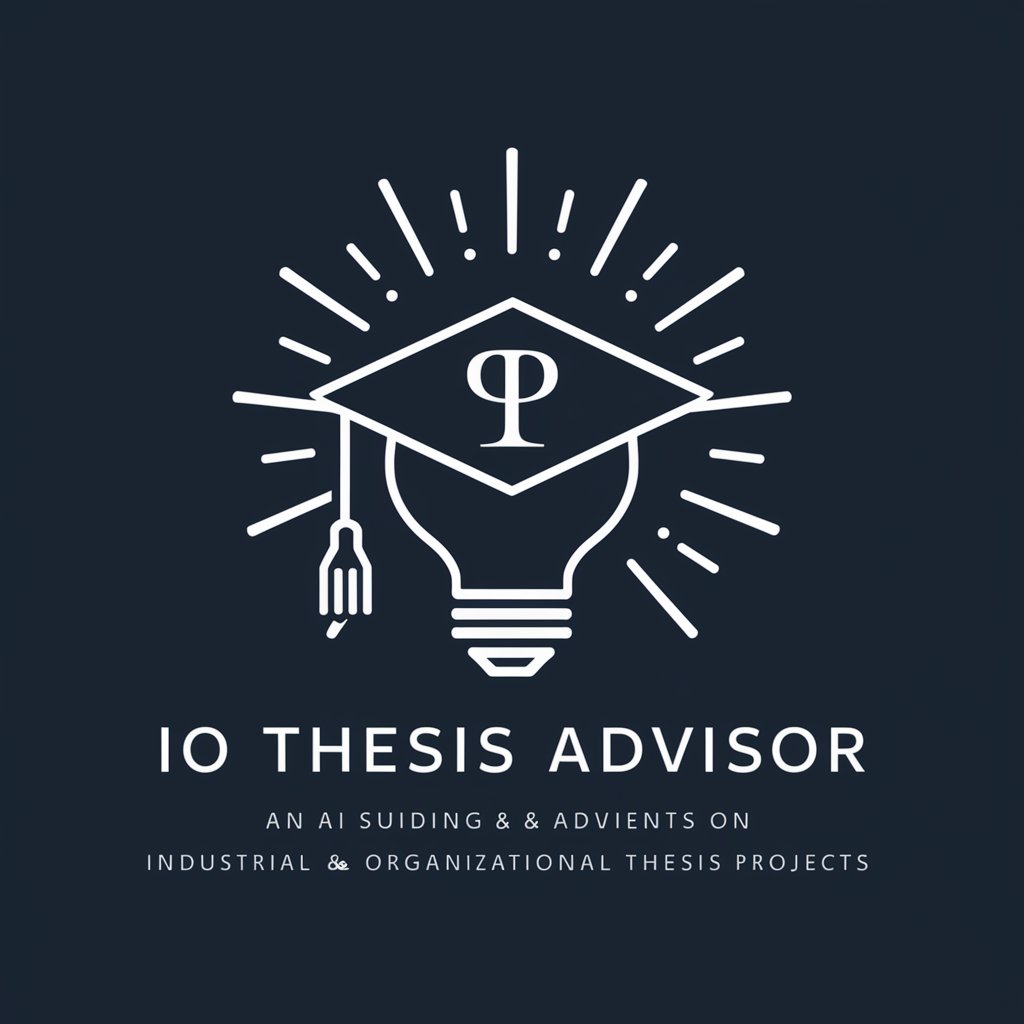
Asistente IO
Empowering Decisions with AI
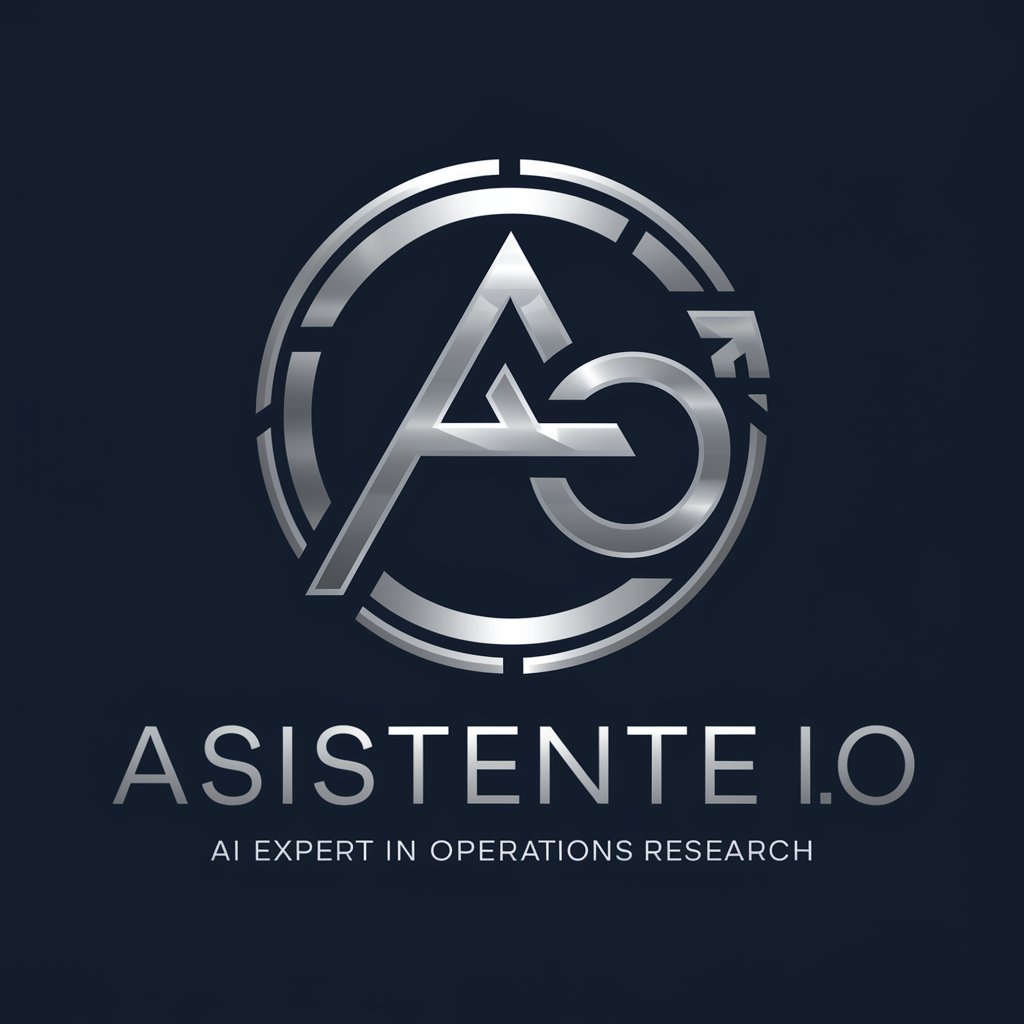
Affiliate Tweet generator - R2D3.io
Empowering Your Tweets with AI
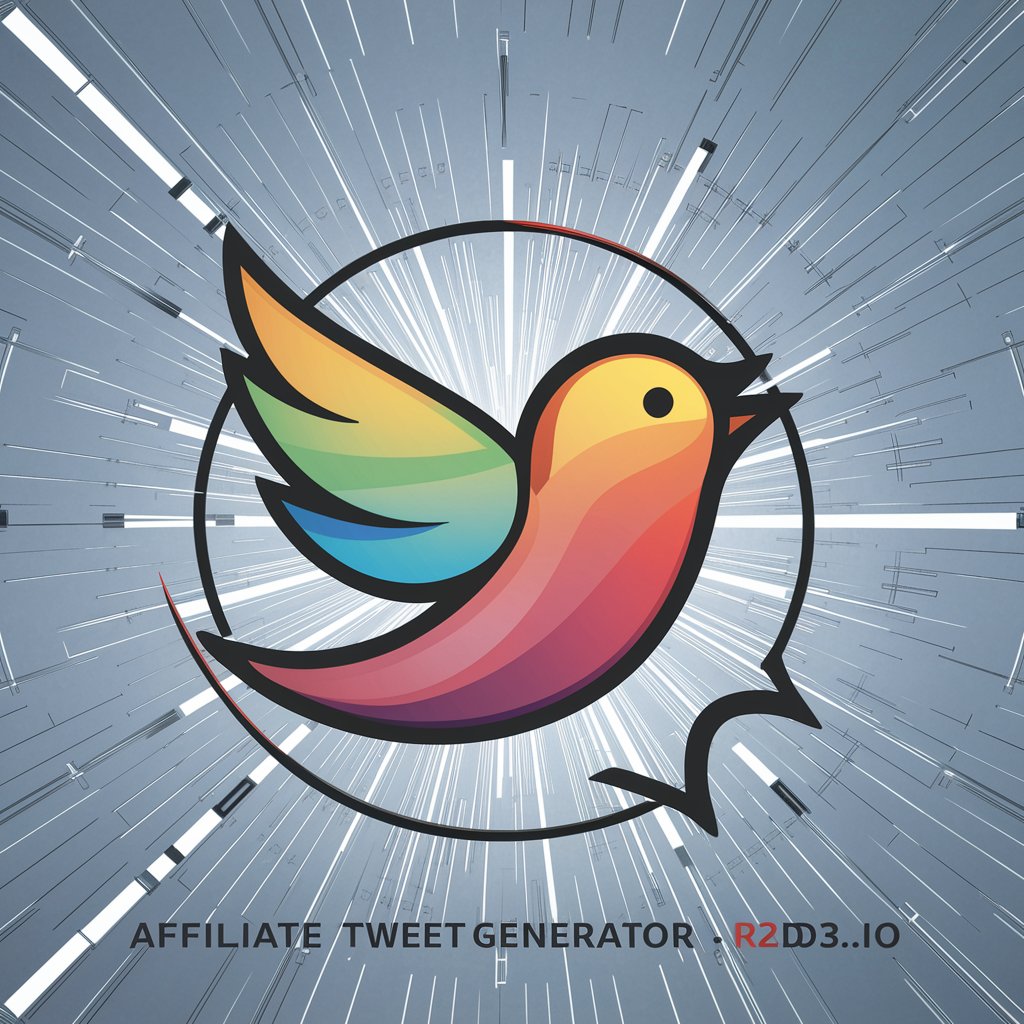
All Things EPIC iO
Revolutionizing Environments with AI-Powered Innovation

ProductTweet Generator - R2d3.io
Empower Your Tweets with AI Creativity

Access Guru
Empowering your Access projects with AI

Bathymetric Map
Discover the Depths: AI-Powered Bathymetric Mapping
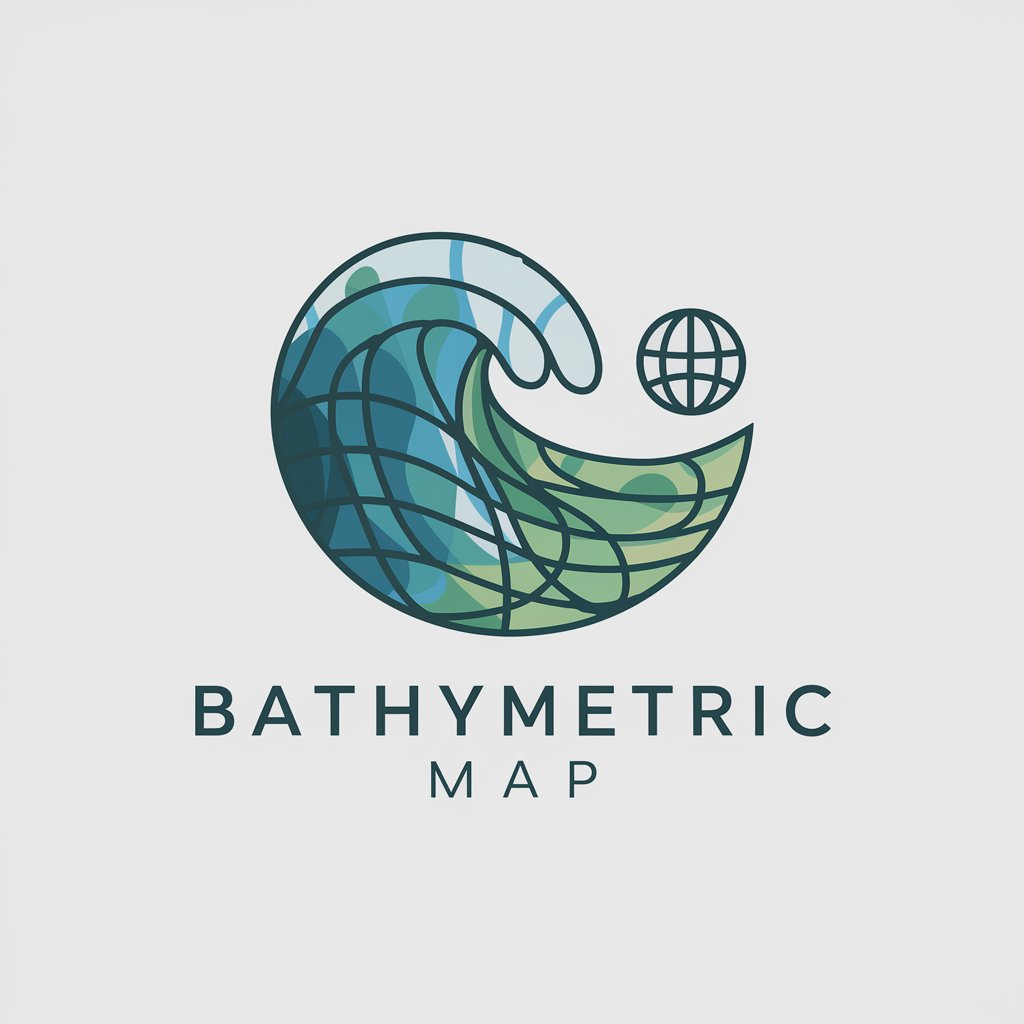
Map Master
Navigating the world with AI-driven precision.
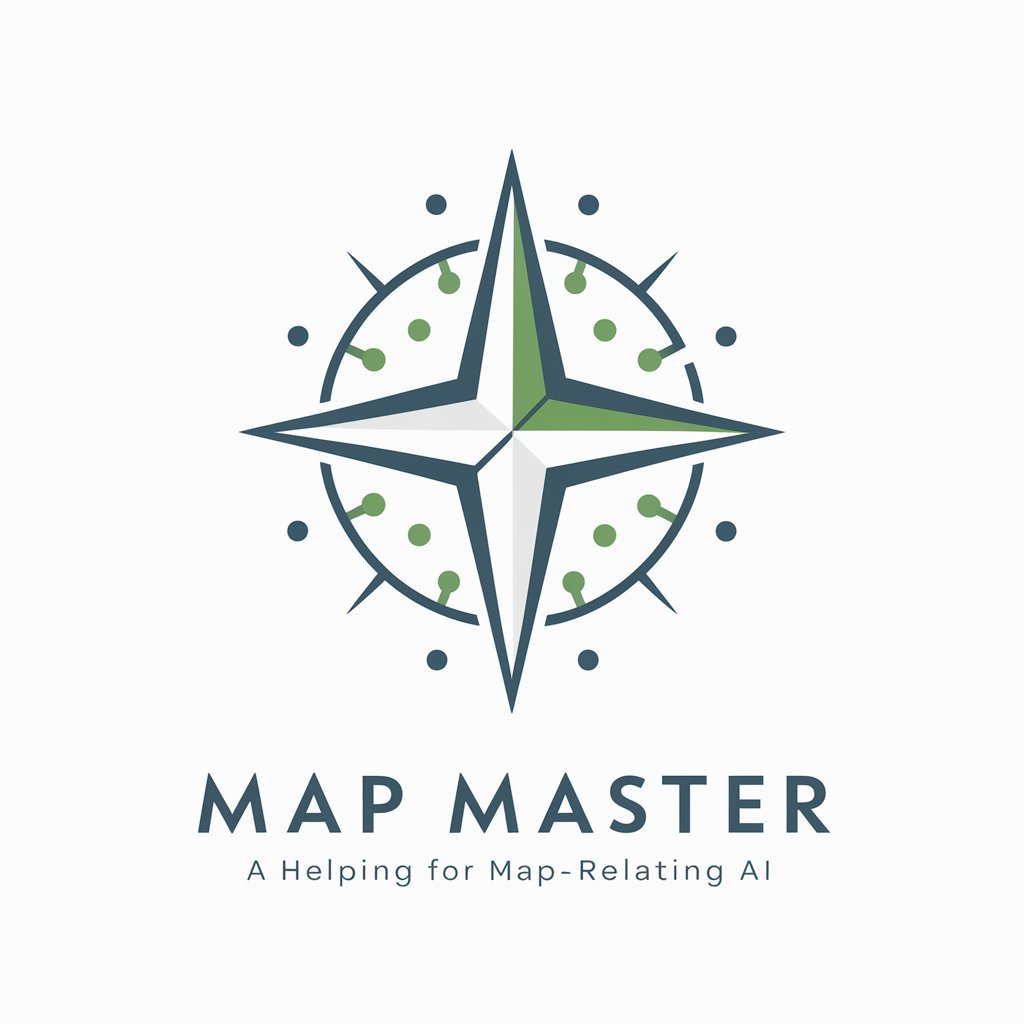
Edgy Prompts
Unleash Creativity with AI-Powered Edginess
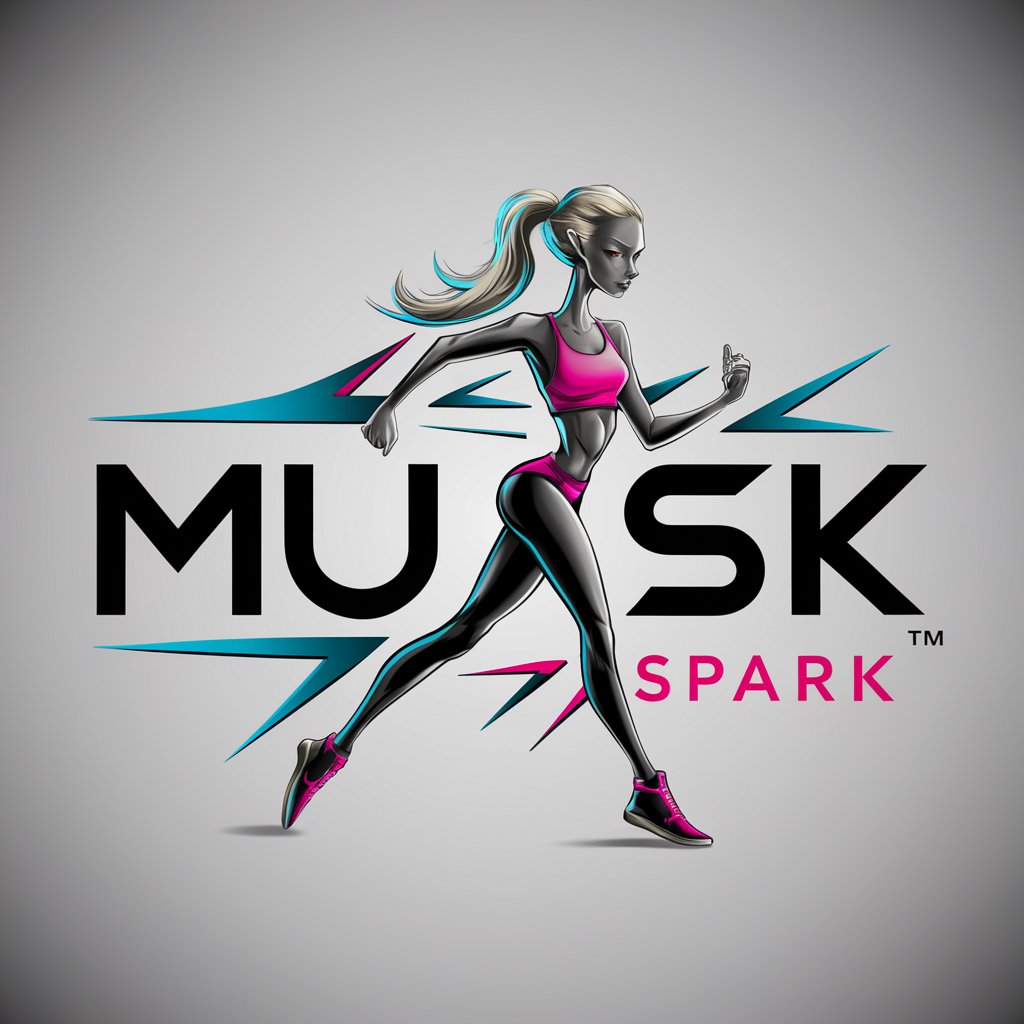
Prompts Generator
Igniting Creativity with AI-Powered Prompts
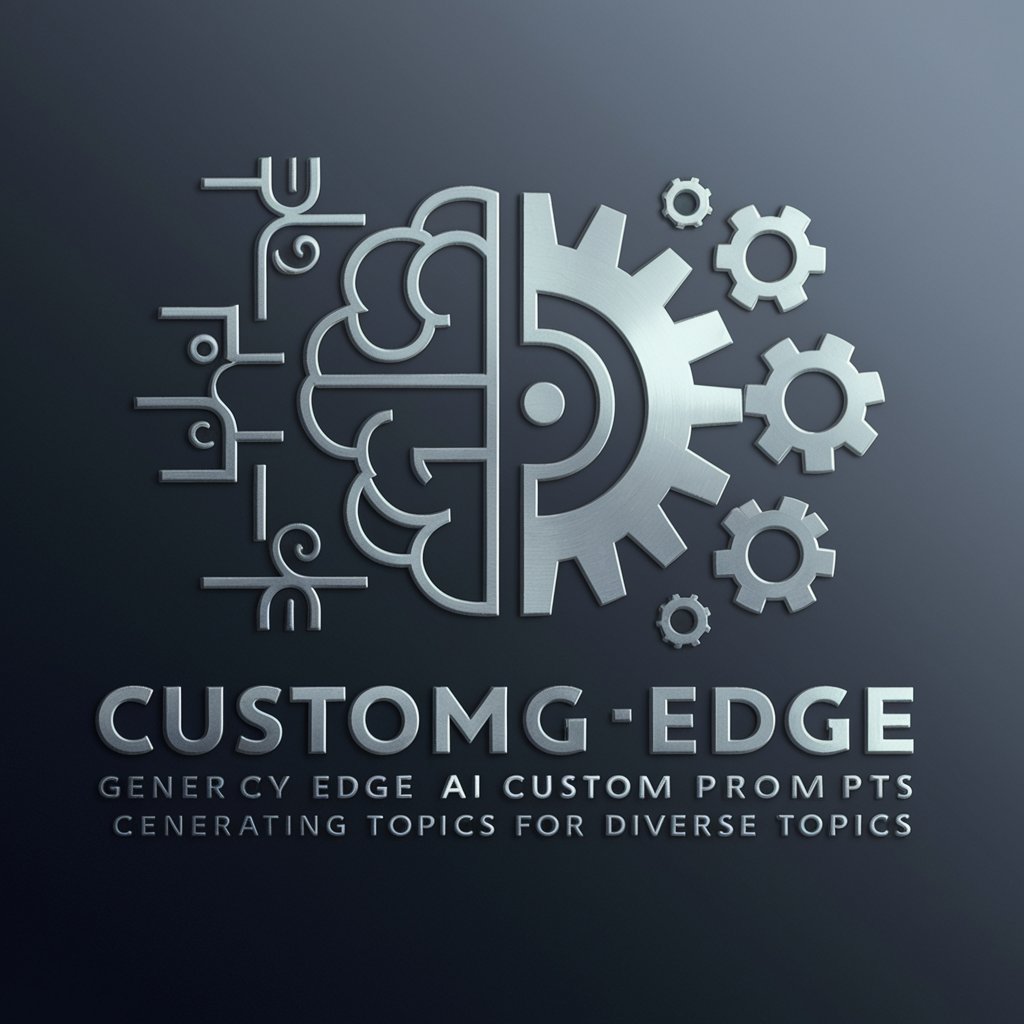
Awesome Prompts
Inspiring Creativity with AI-Powered Prompts

Frequently Asked Questions about Industrial Data Scientist
What is Industrial Data Scientist capable of?
Industrial Data Scientist is adept at analyzing industrial datasets, offering insights on predictive maintenance, anomaly detection, and process optimization using advanced data science and machine learning techniques.
How does Industrial Data Scientist handle unclean data?
It uses techniques like outlier detection, missing value imputation, and normalization to clean and prepare datasets for analysis, ensuring reliable insights and predictions.
Can Industrial Data Scientist suggest use cases based on my data?
Yes, by analyzing your dataset, it can suggest various industrial machine learning use cases such as quality forecasting, virtual sensors, and digital process twins.
Is there support for data visualization?
Absolutely, it can generate professional visual representations of your data to help identify trends, patterns, and outliers, making complex data more accessible.
Can it provide code for data analysis and model training?
Yes, it not only guides through the analysis and provides insights but also offers the full Python code used for data analysis and model training as a downloadable file.
